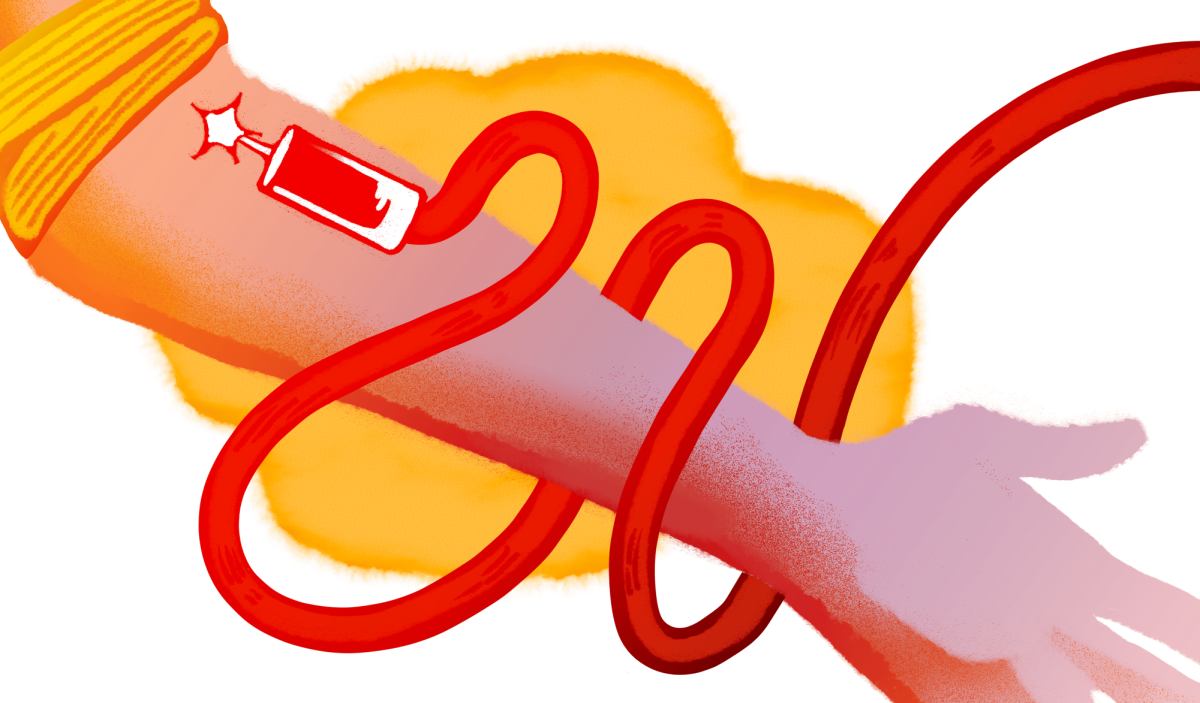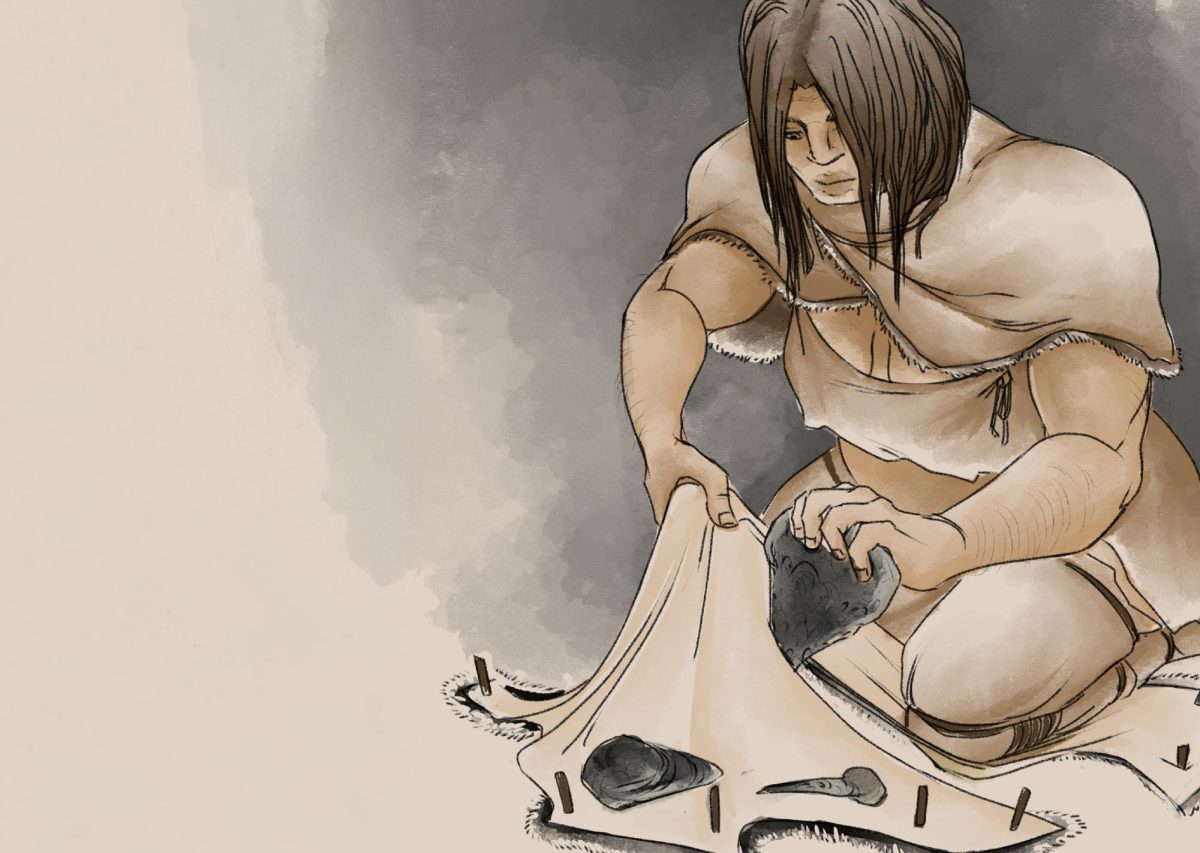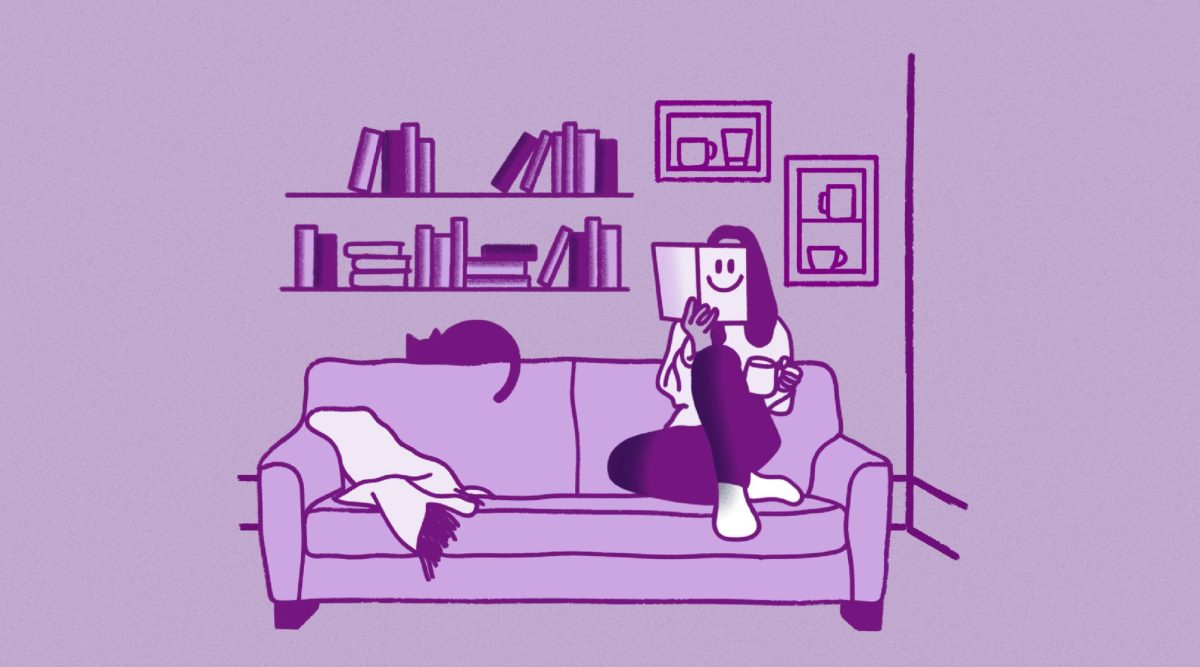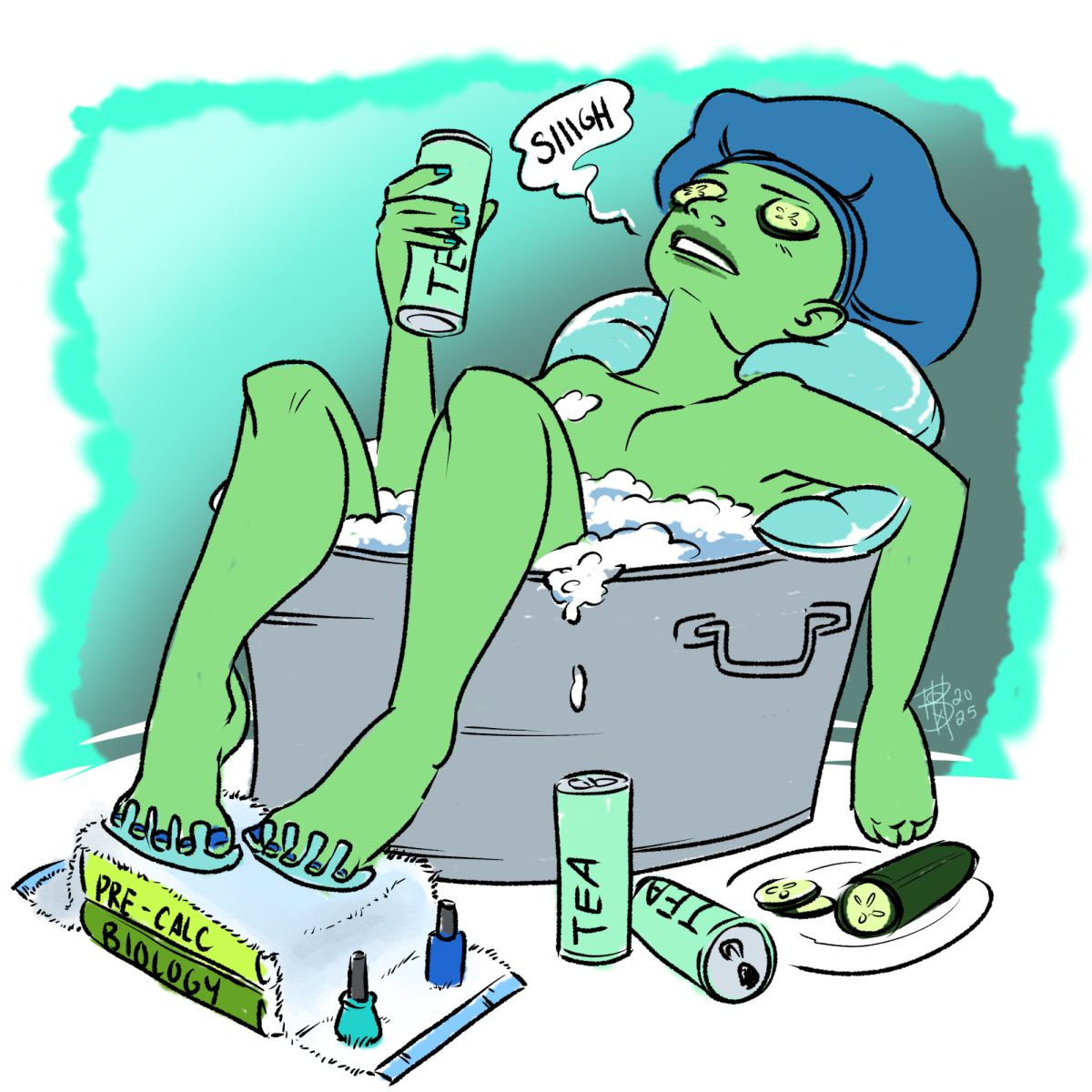Growing up in the 2000’s, I was a Barbie Girl.
I spent hours playing with my Barbie dolls and their gorgeous pink folding Barbie house, dressing them up and creating a world where they were fully in charge of their destinies, rather than a man dictating what they should do. Sure, my Barbies would occasionally fall in love, but that never defined their entire existence. They had individuality.
My Cinderella Barbie doll was normally out on an adventure with her mice friends. Prince Charming, not unlike Ken, was often forgotten and thrown in a corner of my room, desperate for Cinderella’s attention. My Musketeer Barbie was off fighting evil French men with her bejeweled purple sword and her high heeled purple combat boots. I even had a Barbie whose job, I decided, was being a homeowner with a cute golden retriever (I had goals).
The ‘stereotypical’ Barbie though, with her beautiful blonde hair, flat stomach, thin arms and long legs certainly didn’t help me with my body image. However, the Barbie movies I watched as a kid taught me one or two lessons about the challenges of being a woman; in the movies, Barbie was shown as ambitious (“Barbie and the Three Musketeers,” 2009) and courageous (“Barbie as Rapunzel,” 2002), wanting to stand up for herself and live the life that she wants to live (“Barbie of Swan Lake,” 2003).
Honoring that legacy, Greta Gerwig’s “Barbie” validated so much of the pain I’ve felt as a young girl, and now feel as a woman, living in the 21st century.
Here are some thoughts I had while watching the movie:
-
Margot Robbie was the absolute perfect choice for Barbie.
We all know Margot Robbie is a brilliant actor. With her iconic performances in movies like “I, Tonya” (2017), “Once Upon a time… In Hollywood” (2019) and “The Wolf of Wall Street” (2013), she has made a name for herself as an actress, and as a producer she is committed to making movies highlighting the strength and power of women.
Robbie’s Barbie is not only stylish and lovable, she is complex, three-dimensional, and relatable! Robbie’s performance is genuine and honest. Not only does she shine on stage but she makes a point of creating room for the other brilliant actors to have their moment and display their talents as well. I know very little about acting, but Robbie seems like she’d be very supportive and inspiring to have as a scene partner and that is evident in “Barbie”.
-
We have a woman President. *shrieks in pink* And it’s Issa Rae!
Gerwig gave us a world in which a woman is in the highest position of power and slaying it all the way.
In the beautiful Pink House, sits Issa Rae in the pink Oval Office as the *madame* president of Barbie Land and let’s just say no one else could pull off this role other than Issa Rae. With an all-female cabinet, President Barbie makes decisions that benefit all, creating a society without injustice or war.
-
We have an all-female Supreme Court!
Let’s just say in Barbie Land, the Supreme Court would likely never dictate what a woman wants to do with her own body or take away her right to choose.
I can’t imagine that the Supreme Court in Greta Gerwig’s “Barbie” would ever pass a law that bans access to abortion or limits health care for trans youth. The all-female Supreme Court in Barbie Land would proudly stand for the people and protect everyone’s basic human rights, while looking fabulous in heels and tweed suits and skirts.
-
In “Barbie,” Ryan Gosling’s performance as Ken is a Ken out of Ken.
Ryan Gosling’s Kenergy is phenomenal and has already been embedded into today’s pop culture. His iconic phrases such as “Kenergy” and “I am Kenough” have already been infused into our language, to a point where the sweatshirt with “I am Kenough” embroidered on it is selling everywhere! The song “I’m just Ken” has been streamed over eight million times on Spotify (and in my head ever since I’ve left the movie theater). Gosling slays as Ken.
-
Gerwig’s “Barbie” is intended to empower everyone, regardless of gender identity.
As a movie with a feminist message, naturally “Barbie” has managed to upset certain people like right-wing political commentator Ben Shapiro. After tweeting that his producer “dragged” him to see “Barbie,” Shapiro claimed he hated the movie and then made a 43-minute review about it. My question is: what made Shapiro think “Barbie” was made for someone as closed indeed as him who profits from spreading hatred toward marginalized groups? This is a movie co-written by a woman, directed by a woman, featuring queer and transgender cast-members, and worst of all, the movie mocks the patriarchy and mops the floor with it. Of course Ben Shapiro (looking like a furious baby refusing to eat his vegetables in his high chair, banging his tiny fists on the table and looking red) would hate it!
It’s easy to look at the pink poster of “Barbie” and assume that its target audience is women and 8-year-old girls. But if you watch the movie, you realize that its main objective is embracing who you are as a person and not letting society (or closed-minded men like Shapiro) define you. “Barbie” breaks free from the gender binary and ultimately promotes a world in which individuals have the right to choose whoever they want to be. At the end of the movie, Ken realizes he doesn’t have to only exist for Barbie and he can actually be his own person and pursue his own interests like his love of horses.
-
America Ferrara’s monologue about the struggles of being a woman moved me to tears.
In Greta Gerwig’s “Barbie,” Gloria says “I’m just so tired of watching myself and every single other woman tie herself into knots so that people will like us.”
Ferrara plays Gloria, a woman in the real world who is experiencing feelings of anxiety and despair. Gloria connects with stereotypical Barbie when she’s having an existential crisis and is able to put into words the complex feelings that stereotypical Barbie, and all women in the real world, have to deal with.
Gloria’s monologue is a beautifully crafted collection of words that have, in a way, turned into an anthem in tribute to womanhood. Through this monologue, Gerwig’s “Barbie” argues that it’s our experiences that define us as women, not the sterile and limited definition enforced by the patriarchy. Ferrara’s speech provides concrete examples of the pain women experience on a daily basis (such as being body shamed, mommy shamed, or being discriminated against in their workplace) and the mental exhaustion that they cause.
Being a woman in a patriarchy is like someone trying to force an entire ocean into a tiny glass jar. There is just so much more to being a woman than what the patriarchy pretends there is. Gloria’s speech not only warmed my heart but it also took a mountain of pressure off my back and I’m grateful to both Greta Gerwig and America Ferrara.
-
“Barbie” is helping to identify the deep systematic issues that still exist in modern day society.
“Barbie” helped us to imagine what the world would look like if the roles were reversed – where women were in charge and everything revolved around them. Meanwhile men were treated almost as second class citizens (like how Barbie doesn’t know where Ken lives or sleeps at night.) “Barbie” painted an image in which other than a man’s self-worth is directly tied to a woman’s perception of him and other than his interactions with the female protagonist, the male character seemingly serves no other purpose.
Watching Ken’s self-worth be demolished over and over by Barbie in Gerwig’s movie certainly didn’t sit right with the likes of Shapiro. But if one paid attention, one would see that “Barbie” actually confronts this imbalance of power and ultimately promotes a message of self-love, knowing your own worth and that you are “Kenough.”
The fact that men like Shapiro are upset by “Barbie” just proves that the issues Gerwig highlights still very much exist in our society. If anything, “Barbie” is going to help us identify those who are still under the heavy fog of misogyny and sexism.













